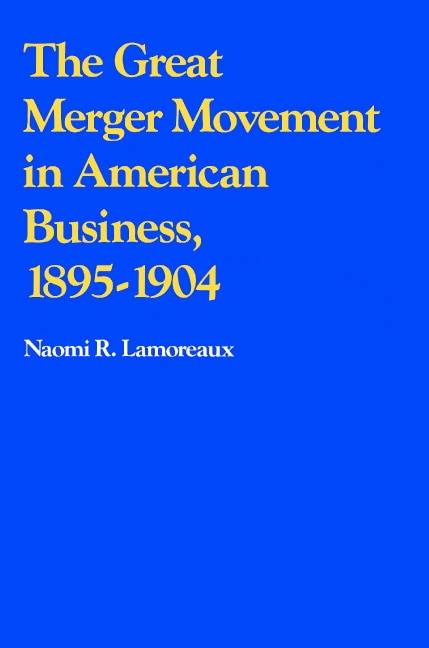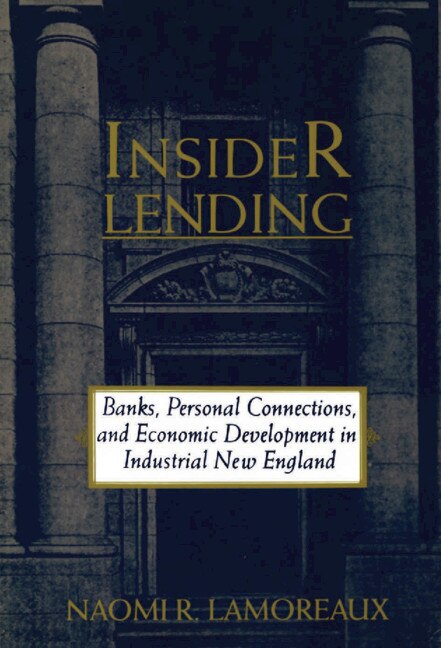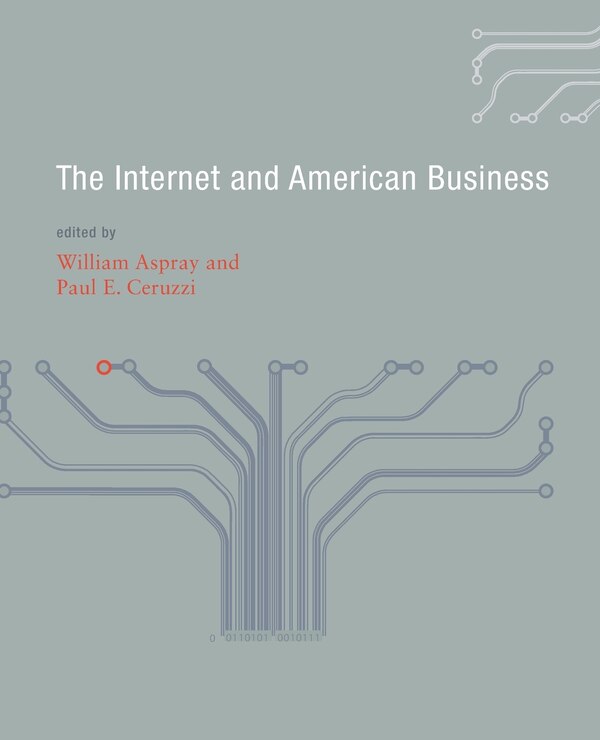
Compare The Great Merger Movement in American Business 1895–1904 by Naomi R. Lamoreaux, Paperback | Indigo Chapters
Naomi R. Lamoreaux
$34.82
Between 1895 and 1904 a great wave of mergers swept through the manufacturing sector of the United States' economy. This book explores the causes of the mergers, arguing that there was nothing natural or inevitable about turn-of-the-century combinations. Despite this conclusion, the author does not accept the view that they were necessarily a threat to competition. She shows that most of these consolidations were less efficient that the new rivals that appeared almost immediately, and they quickly lost their positions of market dominance. More over, in most of those few cases where consolidations proved to be more efficient, the nation was better off for their formation. Some exceptions occurred, however, and in these instances anti-trust policy should have had a significant role to play. Unfortunately, the peculiar division of power and authority that characterizes the Federal system of government prevented an effective policy from emerging. Ironically, anti-trust policy proved much more effective against small firms in relatively competitive industries than large firms in oligopolistic ones. | The Great Merger Movement in American Business 1895–1904 by Naomi R. Lamoreaux, Paperback | Indigo Chapters







